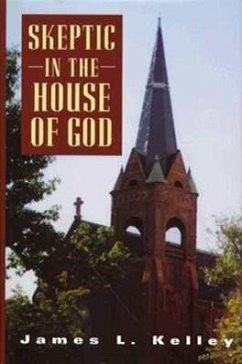James L. Kelley, a skeptic about religion, writes with insight and humor of his life as a member of St. Mark's, an Episcopal church that welcomes doubters without pressuring them to compromise their intellectual integrity. When Kelley first visited the church, he was well into his forties and searching for a respite from urban malaise. At the same time, he found himself filled with disquieting questions: How could he reconcile his convictions with the central purpose of the church - to worship a God he didn't believe in? Could he say the prayers and sing the hymns while remaining an honest skeptic? After fifteen years of full participation in a church that is open not only to skeptics but also to gay men and lesbians, blacks and Jews, where members are invited to critique Sunday sermons, and where hymns are rewritten to reflect feminist concerns, Kelley found that his agnosticism remained but his skepticism about church participation had disappeared. Modern urban life can be a sterile, isolating experience, yet in St. Mark's Kelley discovered a place of vibrant community, honest inquiry, and support over the hard places in life.
Bitte wählen Sie Ihr Anliegen aus.
Rechnungen
Retourenschein anfordern
Bestellstatus
Storno






